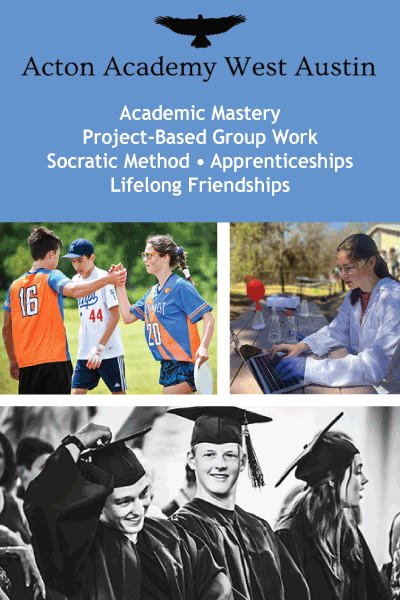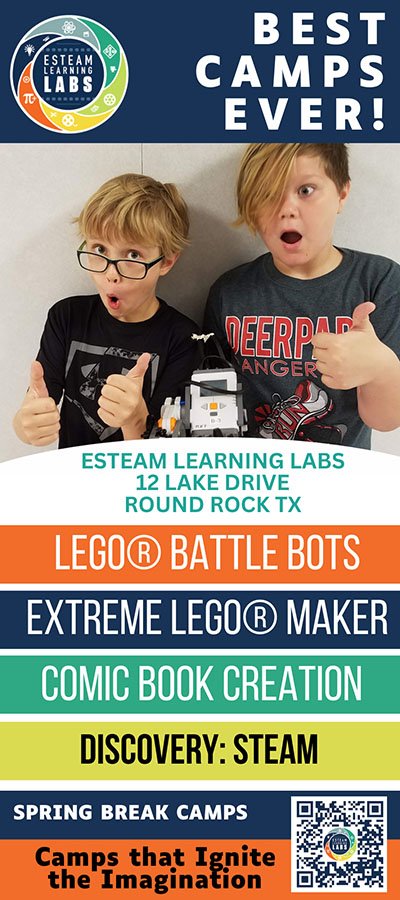Leveling with kids about leveling up
/
Guest contributor Alli Vaughn, parent of an alternatively schooled 14-year-old, is a local developer dedicated to cultivating a culture of inclusiveness and encouraging young people in their journey toward technical literacy. You can reach her at lvlupworkshops@gmail.com, @friendlyfulcrum on Twitter, and Lvl\U/p Workshops.
What if we leveled with students that knowing how to self-teach a new technical skill is at least highly beneficial, if not critical to a future career?
The White House recently released a directive to teach coding in every single K– 12 public school in the nation. That’s going to take a while to implement, and I believe it’s only half of the problem. Knowing how to recall a provided answer is not a highly valued skill in a world where everyone can look up facts and syntax, but understanding how to use what you already know to learn what you need to know is. Ask any programmer if they are still using just one language, framework, or version of anything since they first learned to program. The answer is almost always “of course not!”
The good news is that we can address this. In fact, businesses want us to. They spend a lot of money trying to train graduates about this.
What if I told you that developers often learn new skills by themselves, with only sketchy documentation, and due to the pace of things, manuals are often out of date?
Google “stack overflow” and you’ll be faced with pages of questions from new and seasoned programmers alike collaborating on learning new skills. Look a little closer: There isn’t really one single answer to any of the problems. This is the reality of development!
Don’t believe me? Go schedule a lunch meeting with just about any developer working on anything new, and you’ll get your answer. The good news is that the problem is pervasive enough that tech folks are working on better documentation when they can, but it’s going slowly.
What if the students whom studies show are most hesitant to jump into the upper echelons of technical literacy had a safe, encouraging, and inclusive environment to do so? How might that change the next 10 years?
Projections show that while the total workforce going forward will become progressively more minority-based and female-heavy, neither of these populations is currently on any significant growth trajectory for future technical career involvement, and we lose them in High School. At the same time, reports on future job growth indicate a sharp uptick in the need for these workers in the next 10 years, and current participants are mostly male and Caucasian. Austin is an up-and coming tech hub in Texas, and a rapidly growing tech hub nationally, with no sign of slowing down soon.
Austin, we have a problem. Even though we have a growing workforce now, we won’t actually have enough people to fill the jobs coming down that pipeline! The largest issue is not a lack of initial interest in cool technical stuff (after all, these subjects are very interesting in many ways) but rather a lack of continued interest, and we think it’s at least partially due to the lack of a welcoming culture.
Think about it: Nothing turns a person off like feeling that they don’t know enough, or they don’t belong.
The good news is that recent studies show that the creation of a welcoming culture and community around technical field participation just may be the key to sustaining long-term interest!
Spotlight on the Little Program That Could
Taking place this spring at Griffin School and Skybridge Academy, Lvl\U/p’s Intro to Full Stack Development is an after-school workshop series for high school students, adapted from the Rails Bridge Curriculum, and is designed to build confidence by fostering a small-group, inclusive, welcoming environment where students work through real-world fundamentals and processes used by software development professionals.
Many programs here and elsewhere simply aim to teach students to code. It’s a worthy goal, but it’s problematic, and I think there are more beneficial ways to accomplish the same thing. Lvl\U/p workshops turn the code school model on its ear, with a goal of students learning how to learn a new technical skill through discussion, activities, and, of course, hands-on programming. The structure naturally fosters a warm, welcoming environment where not only do students learn the basics of CS and a no-nonsense framework but they also learn about the relevance of technical literacy to their own goals. No matter what their future chosen field, the ability to map that understanding to learning a new technology is an extremely valuable skill going forward.
The pros have been programming longer, but they often need to learn new things each time they participate in a project. I believe kids are capable of learning these fundamentals, and I think they deserve for us to level with them about how important these skills are! Every student’s development journey is unique, as is the journey of each professional developer, but we each have a responsibility to change the culture, together.
Alli Vaughn











